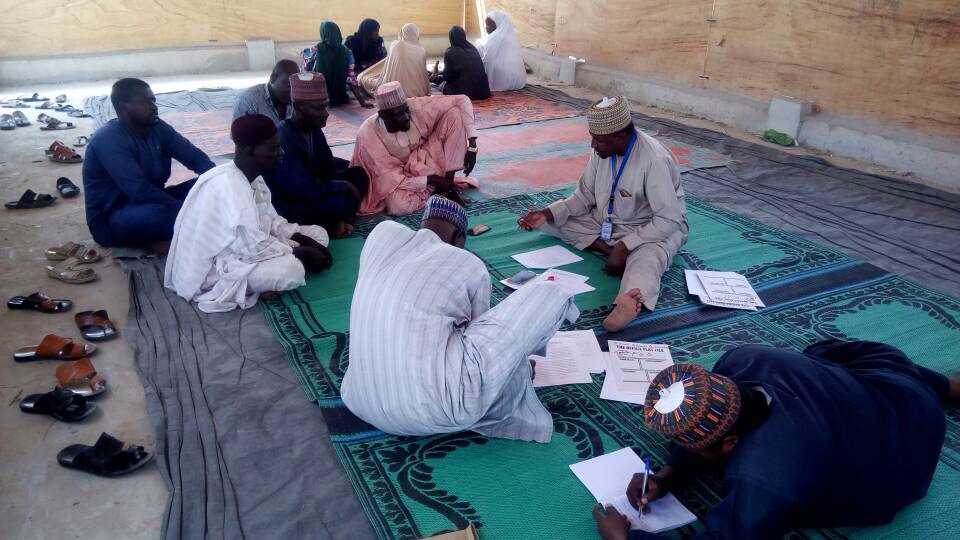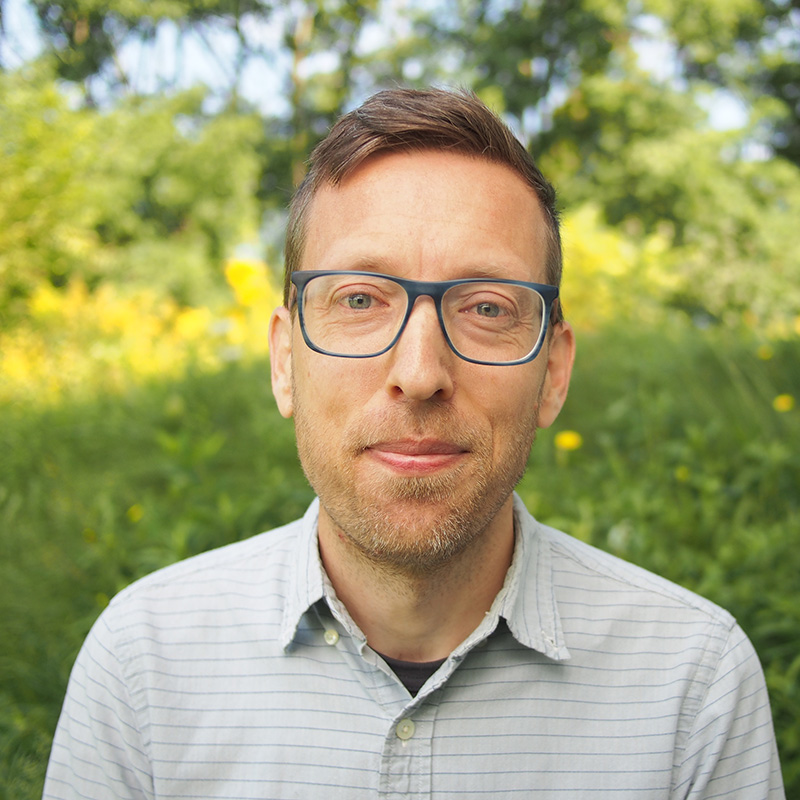Incorporating gender-responsiveness can be a challenge for any breeding program when formal training or relevant prior experience is missing, but for research teams working within conflict zones, there is an additional and entirely different set of challenges to overcome. One team from our on-going cereal grains breeding course works in just such a situation, breeding wheat varieties for internally-displaced persons (IDPs) in the northeastern Nigeria city of Maiduguri.
While the populations this team are working with are victims of Boko Haram, the specter of increasing internal displacement and international refugees has been a topic of increased discussion in development circles in recent months and years, in part due to threats posed by global climate change and the political, social, economic and ecological challenges it can pose. Projects like this one in Nigeria point to pressing work that needs to be done to understand how to respond effectively to crises such as these.
We caught up with Kachalla Kyari Mala, of the Lake Chad Research Institute to discuss some of the realities his project faces. After completing Week 1 of the GREAT course in August, he and teammate Jidda Abba Tamin returned to Maiduguri to prepare mixed method field research tools, and recently both Mala and Tamin field tested these tools in advance of using them to collect project data.
GREAT: Describe a little bit the people you are working with. Where are they from?
KKM: These are men and women farmers displaced as a result of insurgency (Boko Haram activities) in Northeast Nigeria, who have been forced to flee their homes and have taken refuge in an Internally Displaced Person’s camp in Maiduguri, Borno State-Nigeria. This camp constitutes IDPs from five Local Government Areas of Borno State, including: Ngala, Dikwa, Kala Balge, Marte and Bama.
GREAT: How did they get to the camp, and what do they know about their future at this point?
KKM: The incessant attacks and killings by the Boko Haram sect, which have mainly affected people in Borno State in the last seven years, have resulted in the displacement of millions of them who abandoned all they had and fled for safety. Businesses and means of livelihood are lost as a result, and this in turn has affected their socio-economic well-being and generated dire humanitarian consequences for them. Most of the IDPs can be found living with host families who are themselves economically unstable, while others are seen living within camps and relying most of the time on humanitarian assistance from the government, aid/development agencies, individuals, civil society organizations, and religious bodies for survival.
GREAT: What are some challenges you face that are unique to working with internally-displaced people?
KKM: Getting access to the IDPs is a huge challenge because one has pass through a several security scrutiny and secondly the IDPs themselves are full of expectation, their mindset is always that of humanitarian support but in our case we have come to interview them, we found it very difficult before we could overcome the situation.
GREAT: What would success look like for your project? What would that mean for the farmers in the IDP camps? How will their lives be different because of your project, and especially how so for women and children?
KKM: The information they will share with us will greatly inform agricultural policies on the IDPs to be engaged in farming activities while within the camp. Their response will add a lot of value to this study and the information will help policy makers come up with inclusive policies that would make life of the IDP farmers better.
GREAT: Tell us about the tools you tested, and what you learned. Where there any surprises for you when you tested the tools? How are you going to adjust them as a result?
KKM: We tested three tools – focus group discussions, key informant interviews, and questionnaires – and in the process we have identified quite a number of lapses in the tools; some of the questions are repeated, some are very difficult for the respondent to apprehend, and so on. But the good thing about it is that we were able to adjust them all for the field research proper.
GREAT: What land and resources do the IDP you work with have access to? Can they grow food at the camp they’re at?
KKM: The IDPs are predominantly farmers who are eager to be self-reliant; they are ever ready to go back to farm while staying in the camp. They have access to large hectares of land and labour, and with the support of government, non-governmental organizations and well-to-do individuals they can do even more.
GREAT: Breeding crop varieties or identifying existing varieties for people in an IDP camp may not be obvious to many people – where did this idea come from? Do you know of other breeders who are working with IDP populations?
KKM: Actually this project is first of its kind in this area; the idea came off as result of participating in the GREAT course. The primary objective of any breeding program is to develop and improve crop performance and the priority of a farmer is always double the yield of his/her crop and that was the rationale behind this project.
GREAT: Some scholars expect that global climate change could create more refugee crises due to increased food insecurity, political strife, and ecological hardship. How do you think your research could help other breeders or researchers better work with IDP populations in the future?
KKM: Well, if the recommendations of our project are followed they will not only help breeders/researchers but would greatly inform agricultural policies on the IDPs to be engaged in farming activities while within the camp, thereby improving their skills and knowledge on new agricultural technologies. It will also help stakeholders and policy makers come up with inclusive policies that would make the lives of the IDP farmers better.
GREAT: What’s next for you and your research team?
KKM: Our research team is now set to go back to the field proper.
We’ll catch up again with Kachalla and teammate shortly, as they move forward with data collection and anaylsis. Stay tuned.

About the author

Devon is an agricultural development specialist with a diverse skillset covering multiple aspects of project planning, implementation, and management.
For press inquiries or for more information, email us at great@cornell.edu.





